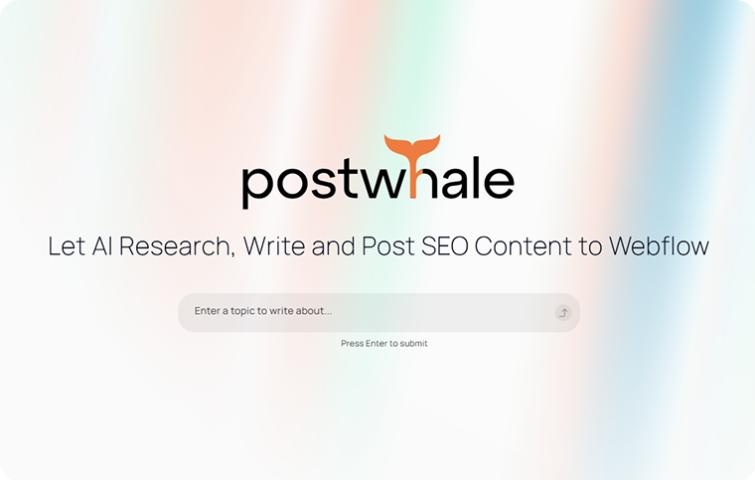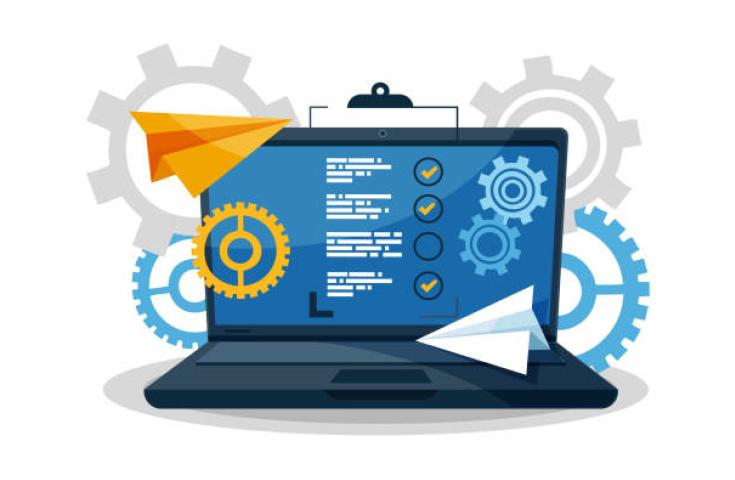Artificial intelligence (AI) continues to revolutionize industries, and 2025 is proving to be a pivotal year for AI-driven startups. From generative AI to automation and personalized experiences, emerging companies are leveraging AI to disrupt traditional markets. However, along with opportunities, startups face significant challenges, including regulation, competition, and ethical considerations.
The AI Startup Boom
Over the past few years, AI-focused startups have seen unprecedented growth. Some key trends driving this surge include:
Advancements in Large Language Models (LLMs): OpenAI, Anthropic, and other AI research firms have paved the way for startups to build applications on top of powerful AI models.
Increased VC Investment: Venture capitalists continue to pour billions into AI startups, betting on the next major breakthroughs.
AI-Powered Automation: From customer service chatbots to coding assistants, AI is optimizing processes across industries.
Healthcare and Biotech Innovation: AI-driven diagnostics, medical discovery, and patient care are rapidly transforming healthcare.
Key Opportunities for AI Startups
AI startups can thrive in multiple sectors, including:
Enterprise AI Solutions: Businesses are increasingly adopting AI for operations, HR, finance, and decision-making.
AI in Content Creation: Startups like Jasper and MidJourney have proven the demand for AI-generated text, images, and video.
Cybersecurity: AI-powered security solutions are crucial in detecting and mitigating threats.
Sustainable Tech: AI is helping companies optimize energy consumption, reduce waste, and improve ESG compliance.
Challenges Facing AI Startups
Despite the opportunities, AI startups must navigate significant challenges:
Regulation and Compliance: Governments worldwide are introducing AI regulations, requiring startups to comply with data privacy laws.
High Infrastructure Costs: Training and running AI models demand substantial computing power, making infrastructure expensive.
Talent Shortage: Skilled AI engineers and researchers are in high demand, driving up hiring costs.
Ethical Considerations: Bias, misinformation, and the ethical use of AI remain critical concerns.
Conclusion
The AI startup landscape in 2025 presents both immense potential and formidable challenges. Entrepreneurs who can innovate while addressing regulatory, ethical, and technological hurdles will be the ones shaping the future of AI. The coming years will determine whether AI startups can achieve sustainable growth and long-term impact.


















